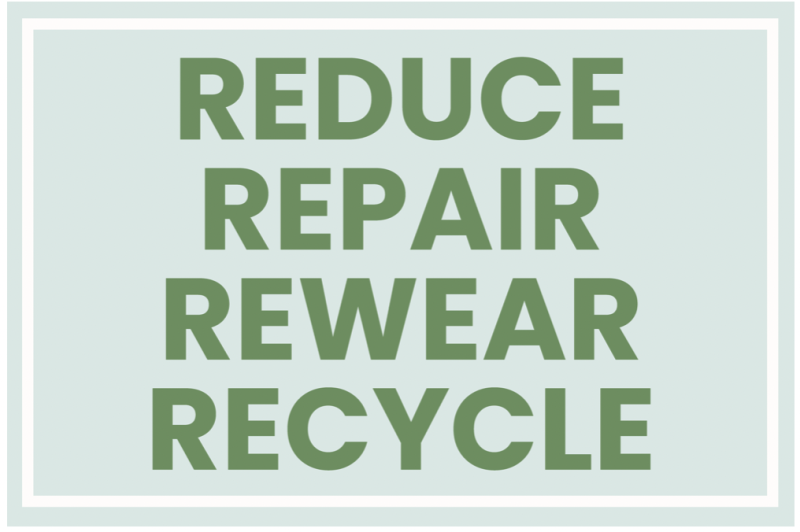'Fast fashion' pollution under scrutiny by federal report
WASHINGTON, D.C. — U.S. Representatives Chellie Pingree (D-Maine) and Rosa DeLauro (D-Conn.) and Senator Tom Carper (D-Del.), Chairman of the Senate Environment and Public Works Committee, released findings from the federal government’s first-ever report on textile waste in the United States, Dec. 12.
The Government Accountability Office’s (GAO) report, requested by Pingree and DeLauro in 2023, examines the environmental impact of textile waste, describes how the rate of textile waste has increased in recent decades, and identifies what actions the federal government can take to reduce textile waste and advance textile recycling.
The GAO is recommending Congress consider providing direction to a federal entity, or entities, to coordinate and take action to reduce textile waste and advance textile recycling. GAO also made seven recommendations to six federal entities, including that they collaborate through an interagency mechanism.
“Textile waste—driven by fast fashion—is one of the fastest growing waste streams in the United States, yet no federal entity is required to address this waste," said Pingree, in a news release. "The Government Accountability Office’s report confirms that fast fashion’s toll on our planet is undeniable. From contributing to greenhouse gas emissions to microplastic and forever chemical contamination, the environmental costs are staggering.
The Congressional Slow Fashion Caucus is developing policy to reduce natural resource consumption and promote reusing, repairing, and recycling textiles, and Pingree plans to introduce legislation next Congress to support and build on those recommendations.
"Together, we can transition from a linear, throwaway economy to a circular one that protects our environment and communities," she said.
Today, nearly two-thirds of all the fibers worn and used are made from fossil fuel products. The fashion industry is now responsible for more carbon emissions than all international flights and maritime shipping combined, the release said.
Fast fashion relies on cheap manufacturing, frequent consumption, and short-lived garment use. Over the last two decades, in line with the ascension of fast fashion, the rate of textile waste has increased. In 2018, the Environmental Protection Agency estimated 17 million tons of textiles were generated in the U.S. Textile waste is now one of the fastest growing waste streams in the U.S., but only 15% of clothing in the U.S. is recycled or reused, with the rest either incinerated or sent to landfills for disposal, the release said.
Over the past several decades, hundreds of thousands of fiber and textile jobs that once sustained communities across America have shifted overseas, harming American farmers and communities in the process, the release said.
Pingree founded and launched the Congressional Slow Fashion Caucus in June 2024 to create climate-smart policies to reduce, repair, rewear, and recycle textiles.
DeLauro is Ranking Member of the House Appropriations Committee. Carper is Chair of the Senate Committee on Environment and Public Works and is Co-Chair of the Senate Recycling Caucus.
























